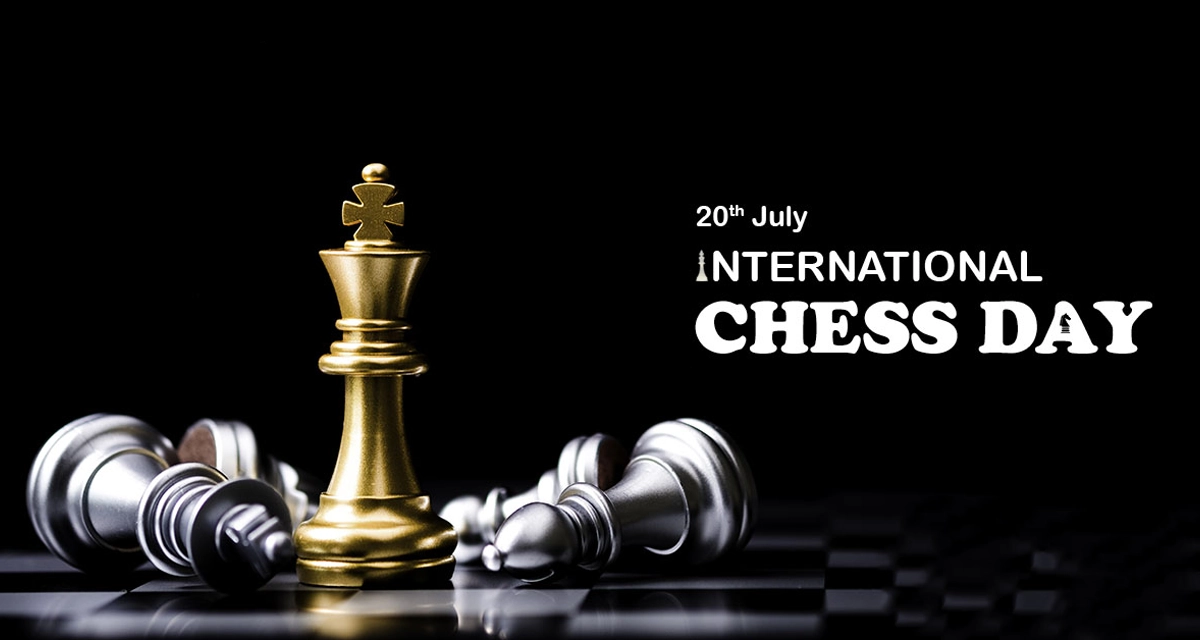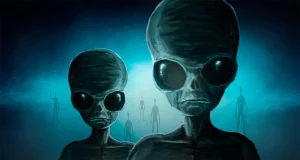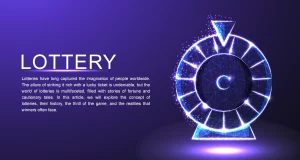world chess day, July 20th
July 20th has been named as “World Chess Day“, so we decided to provide you with interesting information about this popular game that people have been playing for years.
Why is July 20 named as World Chess Day?
This name is because the International Chess Federation (FIDE) was founded on this date in 1924. FIDE is the organization responsible for organizing international chess competitions and regulating the rules of the game of chess.
FIDE’s founding date, July 20, has been designated as International Chess Day to draw more attention to chess-related festivals, competitions and activities around the world.
This day is used as an opportunity to promote the game of chess, its education and development in different communities.
Overall, chess is a mind game that is still very popular around the world and has a large community of fans and players. Designating a World Chess Day is an opportunity to encourage people to participate in activities related to the game, to pay attention to its benefits for developing intellectual and strategic skills, and to promote cooperation and interaction between people through the game of chess.
History of the chess
Chess is one of the oldest common games in the world, which is widely played all over the world and among different countries and cultures of the people of the world. The history of chess goes back thousands of years and has been linked to different civilizations and cultures. But the exact origin of this game is still unknown and it may be thousands of years older than the history mentioned in various books.
One of the common theories about the origin and history of chess is that this game was formed in India in the 6th century AD. The chess game called “Chaturanga” (meaning “Four Pillars”) including king, minister, knight and knight can be recognized as the oldest examples of chess. This game evolved into self-writing (boots) over the next few centuries.
In the Middle Ages, chess was introduced to Europe and the easternmost parts of Asia, and with changes in the rules and movements of the pieces, it took its current form. The modern rules of chess were officially established in the 19th century by the International Chess Federation (FIDE).
Chess became extremely popular as a game of skill and strategy and is played all over the world. Also, as one of the popular computer games, chess plays an important role in the development of artificial intelligence and game algorithms.
Prominent countries in the chess
In the game of chess, a few countries are recognized as the best, but the superiority and level of ability changes over time. Some of the top countries are:
- Russia: Russia has a long history in chess and many of the most valuable chess players in the world are from this country. Many world champions and world championship winners from Russia play this game.
- India: India also has significant advantages in chess. Indian players like Vishy Anand, Harikrishna Harikrishna and Pandahari Hari have been able to act as prominent representatives of their country at the international level.
- China: Chess is a popular sport in China and it is a country of skilled players. Many outstanding chess players are considered to be from China such as Dongliani Ding Liren and Wang Hao.
- United States of America: The United States is also known for its powerful chess players such as Fischer, Kasparov and Caruana.
- The Netherlands: The Netherlands is also one of the leading countries in chess. There are several notable Dutch players such as Anish Giri, Anish V., John van der Wiel and Manuel Ruijgrok.
This list is only a few examples of the top countries in chess.
The best records in chess history
The top chess records throughout history belong to different players from different countries. Below are some of the top records and the names of the players and countries involved:
Top global ranking:
– The highest ELO rank in chess history so far belongs to Garry Kasparov from Russia.
– The second highest ELO also belongs to the famous Magnus Carlsen from Norway. He is also known as the youngest world champion in history.
World Championship:
– Grandmaster Bobby Fischer from the United States won the world championship in 1972.
– Garry Kasparov (Garry Kasparov) from Russia holds the record for the most consecutive periods of receiving the world championship title.
Big competitions:
– The Tata Steel Chess Tournament, which is held in the Netherlands, is one of the oldest and most prestigious chess competitions.
– The World Chess Championship, which is held every year in the form of a tournament, is one of the biggest and most important chess events.
Historical achievements:
– One of the historical achievements of chess is the “zero-zero position”, which means that none of the players could win during the game.
– Another historical achievement in chess is the proverb “The king should not be eaten”.
The saying “don’t eat the king” refers to a situation in chess where the king of one of the players is not going to be attacked and threatened, so that it ends up in the “king eaten” state. In general, this phrase indicates that a person is in a safe and secure position and is not easily threatened or endangered.
The term “the king shall not be eaten” is used against various attacks and threats that may occur in life and indicates that the person is in a position where he is not threatened and is protected.
Garry Kasparov, the top chess record holder
Garry Kimovich Kasparov, born on April 13, 1963, is an outstanding chess player and world chess champion. He is from Russia and is known as one of the best players in history. As the world champion in the period 1985 to 2000, Kasparov has been in the category of the highest ELO chess ranking as a result of several important and superior matches. He is known for his game strategy and strong attack. During his career, Kasparov has achieved more than 150 wins against other champion players around the world. After retiring from professional racing, he has focused on political and human rights activities.





